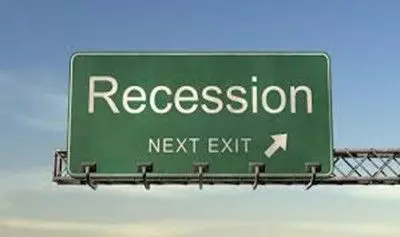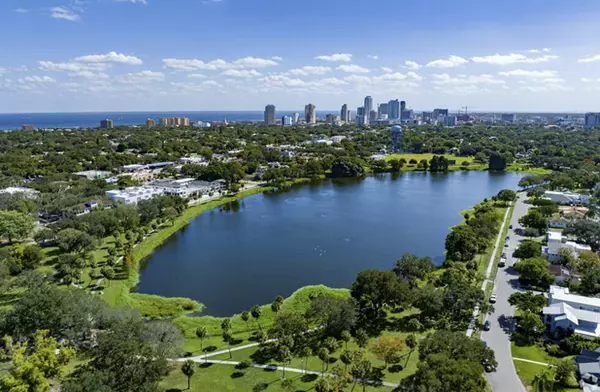EXPLORE OUR FEATURED AREAS

REALTOR® | Lic# SL3376440
I am committed to helping you find your dream home, selling your property for the best possible price, and providing top-notch real estate services. I am dedicated to providing personalized attention and expert guidance to meet all of your real estate needs. Whether you are a first-time homebuyer or an experienced investor, I am here to help you navigate the complex and ever-changing real estate market. I pride myself on local knowledge, professionalism, and commitment to exceeding your expectations. Explore my website to learn more about the services I provide and the properties I have to offer. Contact me today to start your real estate journey!
ACTIVE LISTINGS
- 4 Beds4 Baths3,505 SqFt1/80 80Active
$949,900
- 1 Bed2 Baths1,350 SqFt1/44 44Active
$659,900
- 4 Beds2 Baths2,164 SqFt1/37 37Pending
$387,500
Filters Reset
Save Search
0 Properties










Rob N.